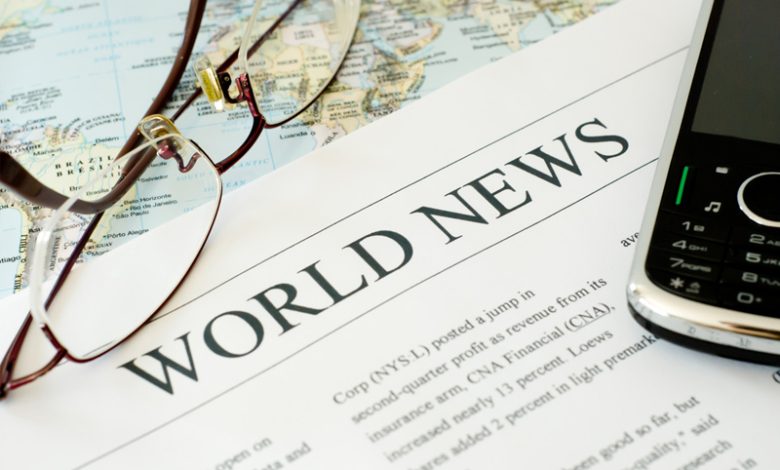
In Kyiv, US and UK Diplomats Provide Aid but No Progress on Strikes Into Russia, Reports Reuters
By Daphne Psaledakis and Olena Harmash
KYIV – The U.S. and British foreign ministers held discussions with President Volodymyr Zelenskiy on Wednesday during a visit that was disrupted by air raid alerts. While they outlined new support for Ukraine, there was no agreement on the long-range strikes into Russia that Ukraine has been urgently requesting.
U.S. Secretary of State Antony Blinken and British Foreign Minister David Lammy, visiting Kyiv at a crucial moment in Ukraine’s ongoing conflict with Russia, engaged with Zelenskiy on Ukraine’s military objectives and possible assistance.
“We discussed long-range fires, among other topics, and I will report back to Washington on our discussions,” Blinken informed reporters.
Zelenskiy has been advocating for Western allies to allow Ukraine to launch long-range missiles, such as U.S. ATACMS and British Storm Shadows, deep into Russian territory to hinder Moscow’s capacity to execute attacks.
“We are having discussions on various issues, including the military supplies that Ukraine needs to succeed,” Lammy stated during a news conference alongside Blinken and Ukraine’s Foreign Minister Andrii Sybiha. He indicated that talks could extend for several more weeks, a comment that could disappoint Ukrainians hoping for swift actions from the West amid concerns about escalating tensions.
When asked if he was optimistic that the U.S. and Britain would approve deeper strikes into Russia, Zelenskiy humorously remarked that optimism depended on the “optimism” of Ukraine’s partners. “Let’s hope for some decisive actions at least; it’s very important for us today,” he said in Kyiv.
Zelenskiy characterized the discussions as “long and meaningful” and stated that all critical issues were addressed. He emphasized that Ukrainian arguments regarding long-range weaponry, support for front-line brigades, and a strategic approach towards a just peace were acknowledged.
There is apprehension in Washington and certain European nations that easing restrictions on long-range attacks might provoke Russia into a direct confrontation with the West, despite a recognition that Ukraine requires additional support to turn the tide of war in its favor.
Vyacheslav Volodin, speaker of Russia’s lower house of parliament, warned that if the U.S. and its allies permitted Ukraine to utilize long-range weapons against Russia, they would be regarded as participants in the conflict.
U.S. President Joe Biden noted that there might be room for compromise, stating that his administration was “working that out now” when asked about lifting the restrictions on long-range weapons.
During Blinken and Lammy’s visit, air raid alerts were activated twice, leading to the cancellation of a scheduled wreath-laying ceremony. The alerts seemed to have been related to ballistic missile threats, but details regarding their targets or outcomes were unclear.
Blinken announced over $700 million in additional support for Ukraine, while Lammy specified that Britain would contribute an extra 600 million pounds (around $781 million).
As the conflict surpasses 2.5 years, Russian forces are gradually advancing in eastern Ukraine while Kyiv’s troops strive to retain a territory gained during a surprise incursion into western Russia last month. Following initial rapid progress, Ukrainian advances have now stalled, with a senior Russian commander claiming to have regained control of approximately ten settlements.
Ukraine has not yet commented on the reported Russian advancements, and the situation on the battlefield remains unverified by independent sources.
Later this month, Zelenskiy is set to travel to the United States to present a new plan to President Biden and his two potential successors in the November presidential election, aiming to bring the war closer to resolution.
 GOOGL
GOOGL  META
META 

